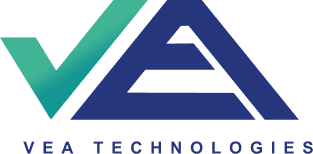In a world where supply chains span continents and counterfeit products are a growing concern, ensuring the authenticity of products is becoming increasingly challenging. Brands, regulators, and consumers alike are looking for ways to ensure that products are exactly what they claim to be. Blockchain technology is emerging as a revolutionary solution to this problem, providing an immutable and transparent record of each product's journey from creation to consumer. Here, we explore how blockchain is transforming product authenticity in global supply chains and why it matters for businesses and consumers.
The Counterfeit Crisis and the Need for Authenticity
Counterfeiting has become a major global issue, accounting for over $1.7 trillion in economic losses annually and affecting nearly every industry, from electronics to pharmaceuticals, and even food and beverage. This surge in fake goods not only undermines brand trust but also poses significant safety risks to consumers. The solution to this problem goes beyond simple labelling; it requires an approach that guarantees product authenticity at every stage of the supply chain. This is where blockchain technology comes in.
How Does it Work in Supply Chains?
When integrated into supply chains, blockchain allows for each transaction or movement of a product to be recorded and verified. Each step of the journey is linked together, forming a "chain" of data that is secure and transparent. For example, VEATECH uses Quantum Ledger Database technology to store the lifecycle information of products, ensuring that every scan or update related to a product is accurately logged. This makes it nearly impossible for counterfeit products to enter the system unnoticed.
What is Blockchain
Blockchain is essentially a decentralised, digital ledger that securely records transactions across many computers so that the record cannot be altered retroactively. In the context of supply chains, blockchain is used to create a transparent and immutable record of each product's lifecycle, from raw materials through manufacturing, distribution, and ultimately, delivery to the consumer.
The Future of Supply Chains with Blockchain
As blockchain technology continues to evolve, its application in supply chains is expected to become even more widespread. Its ability to provide an immutable, transparent, and secure record of product journeys makes it a natural fit for industries struggling with counterfeiting and authenticity issues. Blockchain, combined with advanced technologies like AI and IoT, has the potential to create a future where consumers, brands, and regulators alike can have full confidence in the authenticity of products.

